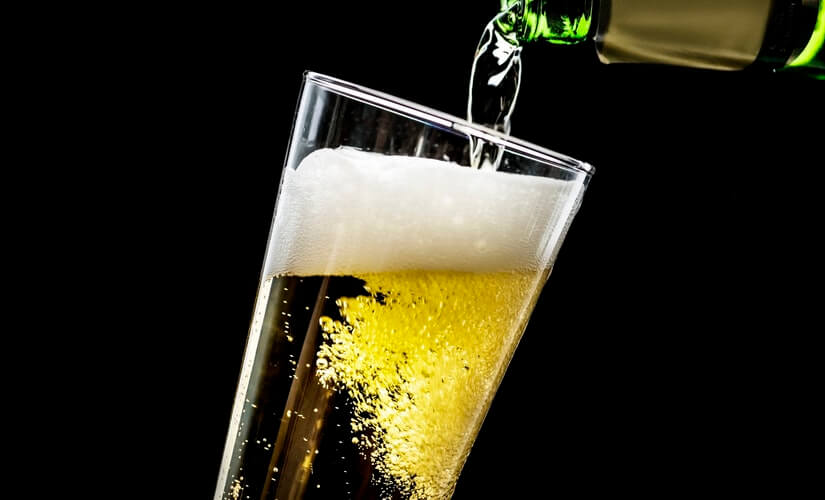Based on reports from the Laboratory of Biometry and Epidemiology, about 35.9% (one-third) of alcohol-dependent adults in the United States have fully recovered from alcoholism after one year. In fact, these test subjects have not only abstained from drinking quantities of alcohol that are less than people suffering from relapse but have also not shown any signs of alcohol abuse or dependence over this time. Simply put, they have fully recovered. According to Dr. Ting-Kai Li (director of the National Institute on Alcohol Abuse and Addiction), these statistics show that people are fully capable of battling alcoholism and maintaining this healthy behavior after their treatment has ended. While longitudinal studies will be required for long term studies on alcohol dependence, these readouts do show a promising future for people suffering from alcoholism. Let’s take a closer look and find out more.
Recovering from Alcoholism
As part of the recent NESARC (National Epidemiologic Survey on Alcohol and Related Conditions) study, Dr. Deborah Dawson and a team from the Laboratory of Biometry and Epidemiology (a division of NIAAA) produced the results of a study of 43,000 adults (ages 18 and older). Ultimately, NESARC is the biggest survey focusing on the comorbidity of alcohol/drug use disorders and psychiatric illnesses produced in our country. Out of the group of test subjects involved, the researchers assessed 4,422 adult who met qualifications for alcohol dependence (within the years 2001-2002). From the results, the team gathered the following information about these subjects:
- Most were middle-aged
- Most were non-Hispanic white men
- 60% of the subjects had gone to college (or achieved a degree there)
- Over 50% of the subjects suffered from alcohol dependence between 18 and 24 years
- 5% of the subjects sought treatment for their condition
Treatment Can Result in Recovery
Overall, Dr. Dawson and her team discovered that the possibility of abstinent recovery (full recovery) boosted over time. In an interesting twist, though, the group confirmed that the highest rate of success took place among women, married or cohabitating individuals, people who suffered from alcohol dependence between 18 to 24 years of age, and people who suffered from severe dependence overall. Unfortunately, though, the rate of nonabstinent recovery dwindled among married/cohabitating individuals, subjects whose family has a history of alcoholism, and people who did not experience severe dependency. In a final twist, some of the subjects with mood problems and personality disorders showed great promise after undergoing treatment.
Seeking Treatment for Alcohol Use Disorder
Although doctors have praised alcohol as a viable option for preventing stroke and heart attack (which have proven to be correct), you must still tread carefully around this drug. Alcohol is a potentially dangerous substance that can destroy your mind, body, and reputation. Are you suffering from a severe form of alcoholism? Do you have a friend who is suffering from this sickness? In both cases, get in touch with Asana Recovery today. Our professional team of counselors and healthcare experts are ready to walk you through every step of the rehabilitation process and guide you towards living a happier, healthier, and freer lifestyle.
If you are interested in one of our residential treatment or supervised detoxification/withdrawal programs, we are ready and waiting to speak with you at your disclosure. Call Asana now at (949) 438-4504 to learn how to overcome your alcohol problems today.



